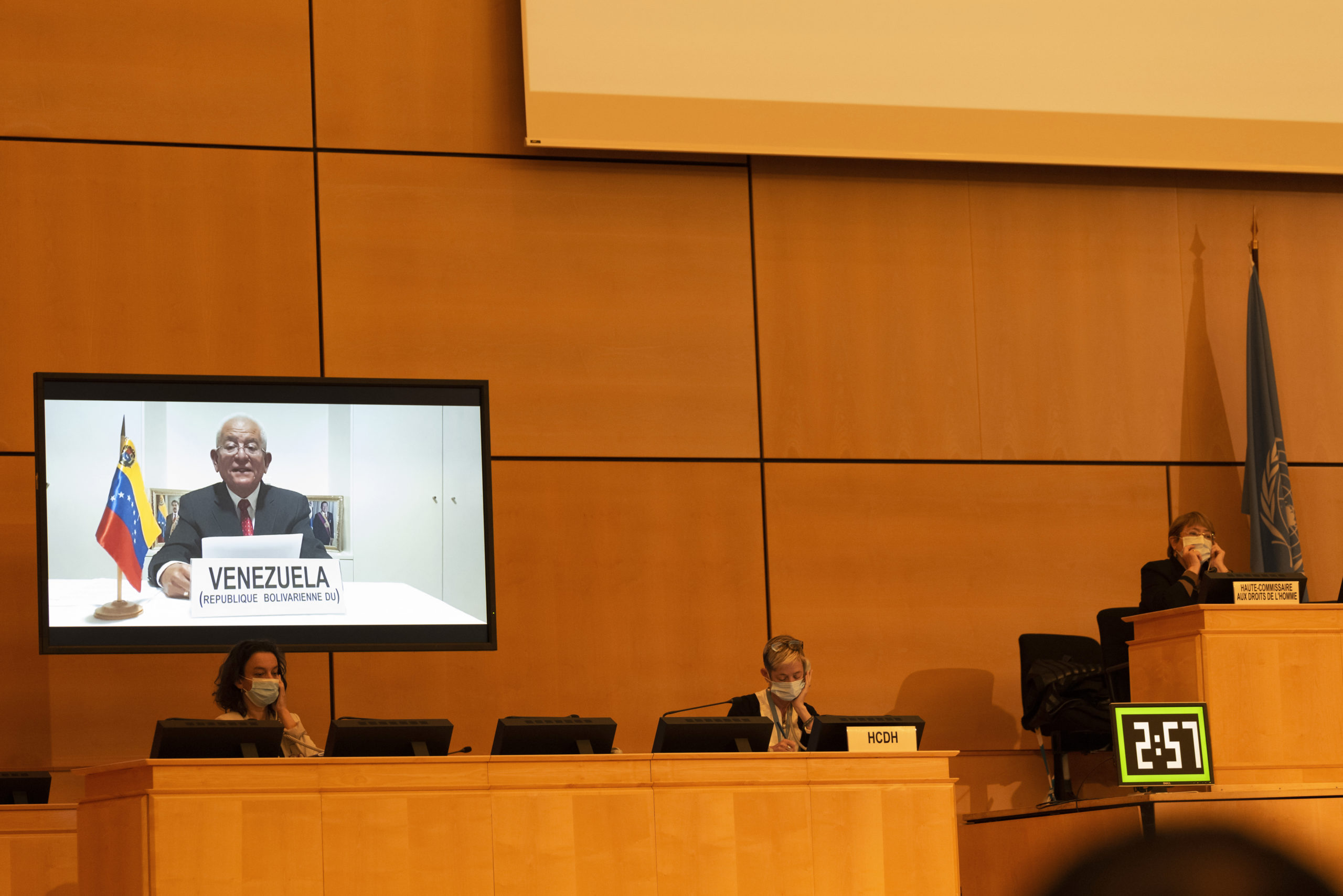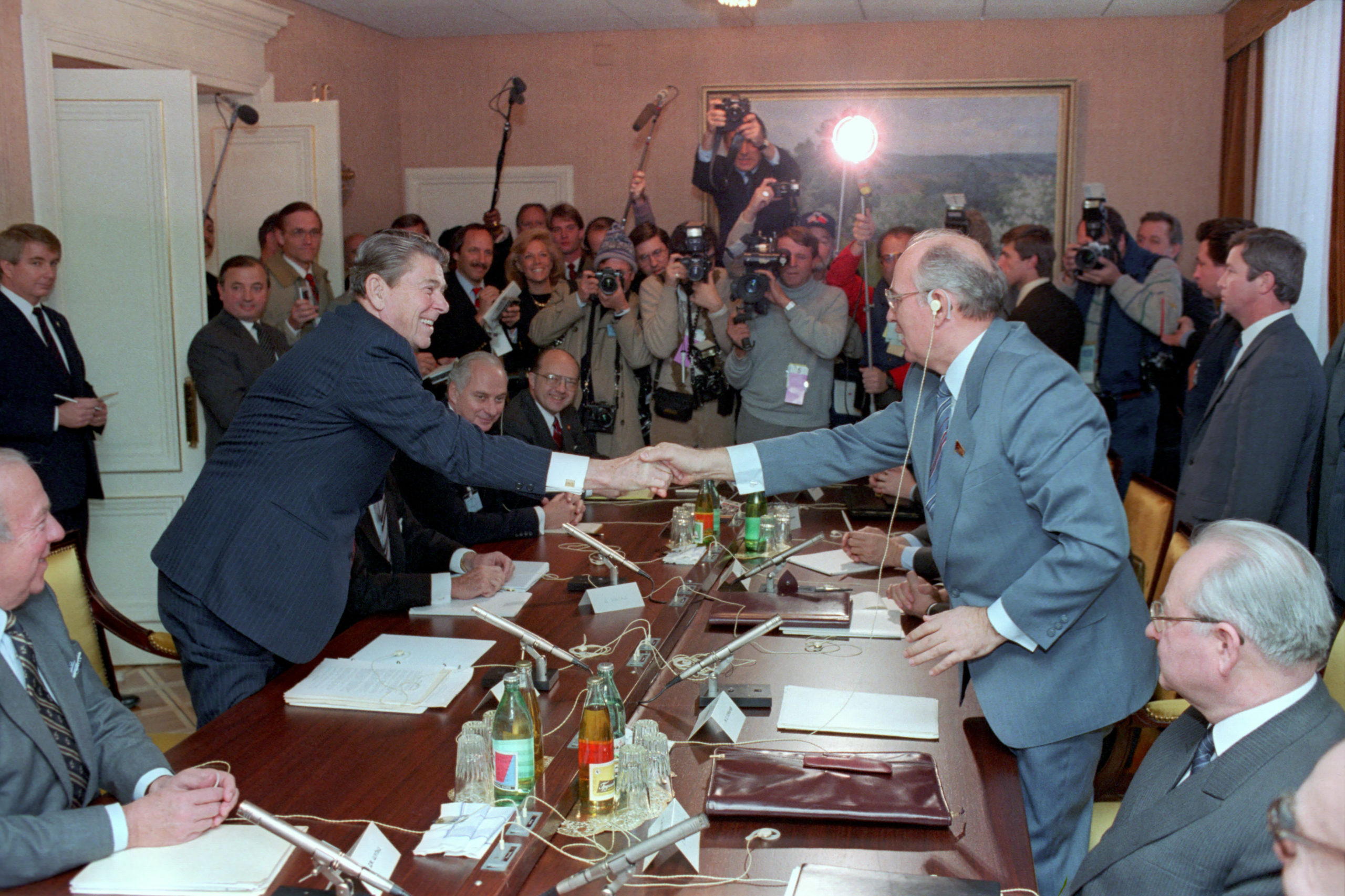This article contains some brief observations, based mainly on recent formal and informal meetings that I serviced and/or attended at the Palais des Nations, as well as on discussions with colleagues and delegates on their experience with ’online diplomacy‘ in the context of the current globally COVID-impacted situation.
I hope it will help us to draw conclusions on how to seize the advantages offered by technology, while fully recognizing the unique value of direct, interpersonal interactions through dialogue and relationships as key pillars of international multilateralism, but also the very essence of what being human is all about.
A larger outreach
A 2020 meeting, that I strongly believe greatly benefitted from existing technologies, is the UNECE Forum of Mayors, which consisted of a series of presentations, with a key note from a world renowned architect, followed by statements delivered by over 40 mayors of large and medium cities around the region. This session did not envisage any negotiations or discussions, and it greatly benefitted from online connection and web TV coverage. I would even say that its success was strictly linked to the connecting power of the web and its social media outreach. The event was largely advertised through Twitter and Instagram, and on-line streaming enabled participation of thousands of individuals, from over 65 countries, resulting in record numbers of public engagement for our organization.
The feedback received, from delegates and experts following online from Geneva and capitals, and the public from different cities and time zones, made me realize that the UN has a lot to share beyond the walls of the Palais. It was clear to me that this particular type of UN information-sharing conference, broadly addressing topics of interest and relevance to the lives of people, could be accessible to ‘people’. What I experienced with this meeting made me dream of a UN Television made for the general public, a ‘UN Netflix-style’ platform for real stories and meetings, that will allow people across the globe to feel part of the UN through the web, and therefore benefit from the world‘s diplomacy production process.
No corridors online
Decision-making is, however, a different story and, when intergovernmental processes require negotiations and exchanges amongst delegates, meetings which are entirely or partially delivered online do not seem to facilitate the job of diplomats. My direct experience of a discussion in a meeting taking place both in person and online was not easy, also due to the difficulty of following discussions taking place within two ‘rooms’ in parallel. Both the Chair and the secretariat had to keep an eye on the ‘real’ floor as well as the ‘virtual’ one, and coordinating interventions from delegates often proved to be cumbersome. This is because discussions are not necessarily sequential in ‘hybrid’ meetings and there is often a need to go back to previous points, as delegates on-line cannot react immediately to a statement from the ‘real’ room.
As could be expected, the quality of connections is often not ideal, slowing down exchanges, or leaving some statements partially heard. This is when technology can have limitations, and can result in a source of frustration for the whole meeting. When a discussion is difficult, technological glitches can make things worse.
Some of the delegates that I interact with express frustration about online meetings, particularly because online interaction makes it more difficult to coordinate positions. While opening statements and initial views can be easily presented online, discussions which may lead to compromise and hopefully final agreement can be significantly hindered by the lack of informal exchanges. There are no corridors and “coffee room” chats to discuss “off the grid” in online platforms. After months of online discussions, I have witnessed both within my organization as well as in many others, that in-person meetings are now sought when the matter at hand is very political and requires intense interpersonal interactions to find a solution.
Needless to say, online meetings can present challenges from a procedural point of view. For instance, many organizations have different approaches towards voting and elections, showing that if diplomacy needs to continue to operate online, many rules of procedure would also need to be amended in order to reflect new practices. Some organizations have also adopted ‘emergency’ and temporary procedures, allowing business to continue as usual so that decisions can still be taken during this transitional period. If this ‘new normal’ way of conducting meetings continues, new temporary rules will also benefit accordlingly from some form of standardization.
The old, the new and the future
All in all, based on the experience of these last few months, from the Palais in particular, there have been some very pleasant surprises, like the successful delivery and outreach achieved with the Forum of Mayors; however I have recently also felt that under the current exceptional circumstances, the ability of delegates to engage effectively in intergovernmental negotiations which were previously conducted face to face, has decreased, to some extent, with the impact of physical distance.
It is important to acknowledge that the ability to engage in person is key to the sense of belonging to the UN family, ‘under the same roof’ of the Palais. I have experienced for instance, first-hand, how physical proximity fosters dialogue and compromise, and how online or ‘hybrid’ discussions and negotiations can create parallel communities that interact with some difficulties. Meetings that were previously attended in person by substantive experts from capitals, are now attended only virtually by them, and it is instead their Geneva-based diplomatic colleagues who are able to participate in person. It is clear that the priorities, dynamics, and exchanges of these meetings have changed in nature, leaving often both categories of participants unclear about their respective roles and impact.
However, opening up to new modalities makes us all wonder whether we will ever go back again to the ‘old’ normal, and perhaps instead of becoming nostalgic about a diplomacy made of handshakes and long meetings around a physical table, we should start discussing how to strike a balance between the old and the new, the virtual and the real, the substance-specific expert and the diplomat.
I would also like to highlight with gratitude and admiration, the patience, constructive comments and a willingness of government delegations and all other meeting participants to adapt to the current exceptional circumstances when it comes to the innovative efforts which are under way in order to continue to deliver UN work successfully. Similarly, the efforts of staff to quickly adapt to the new technologies and invest time and effort to make them work is worth commending.
Hopefully, in post-COVID times, while discussions may take different formats, delegates may wish to rediscover the pleasure of meeting in person and informally even more often, to build human relationships and to reiterate to ourselves, as this virus has loudly reminded us, that we are all in the same boat. Or, better, on the same planet!



